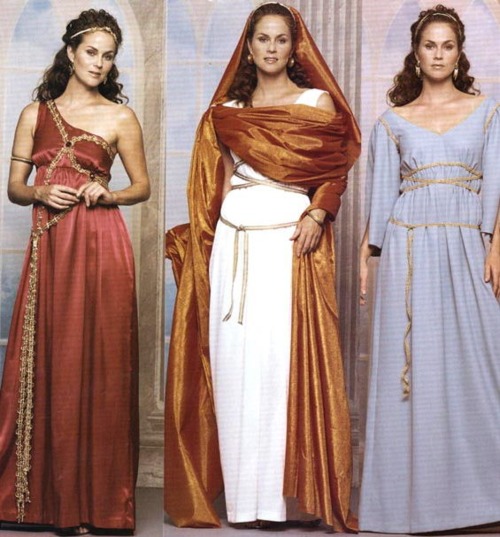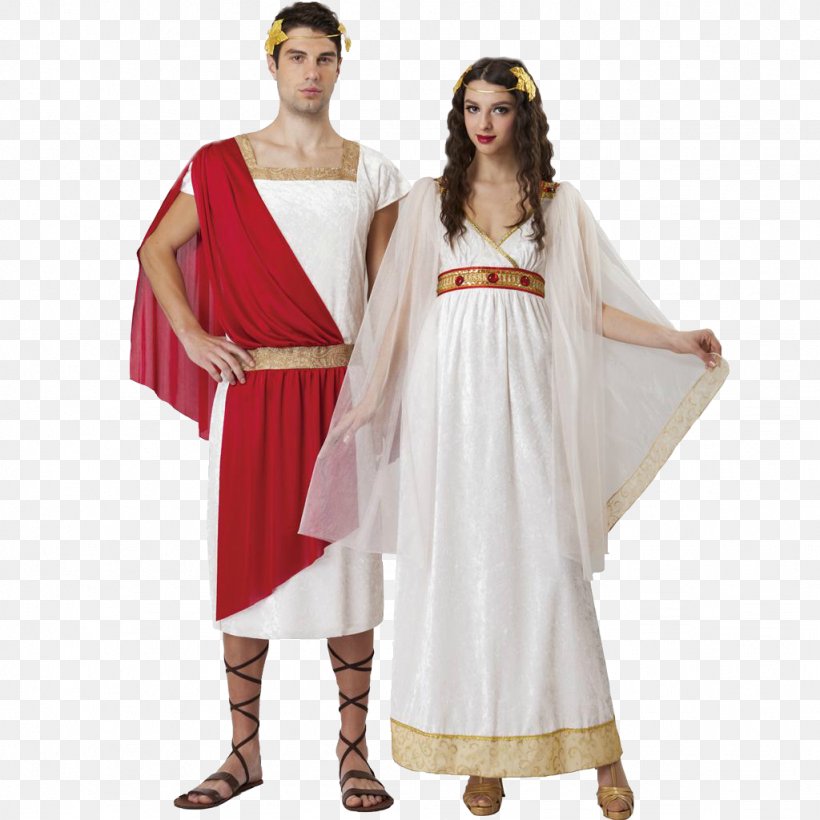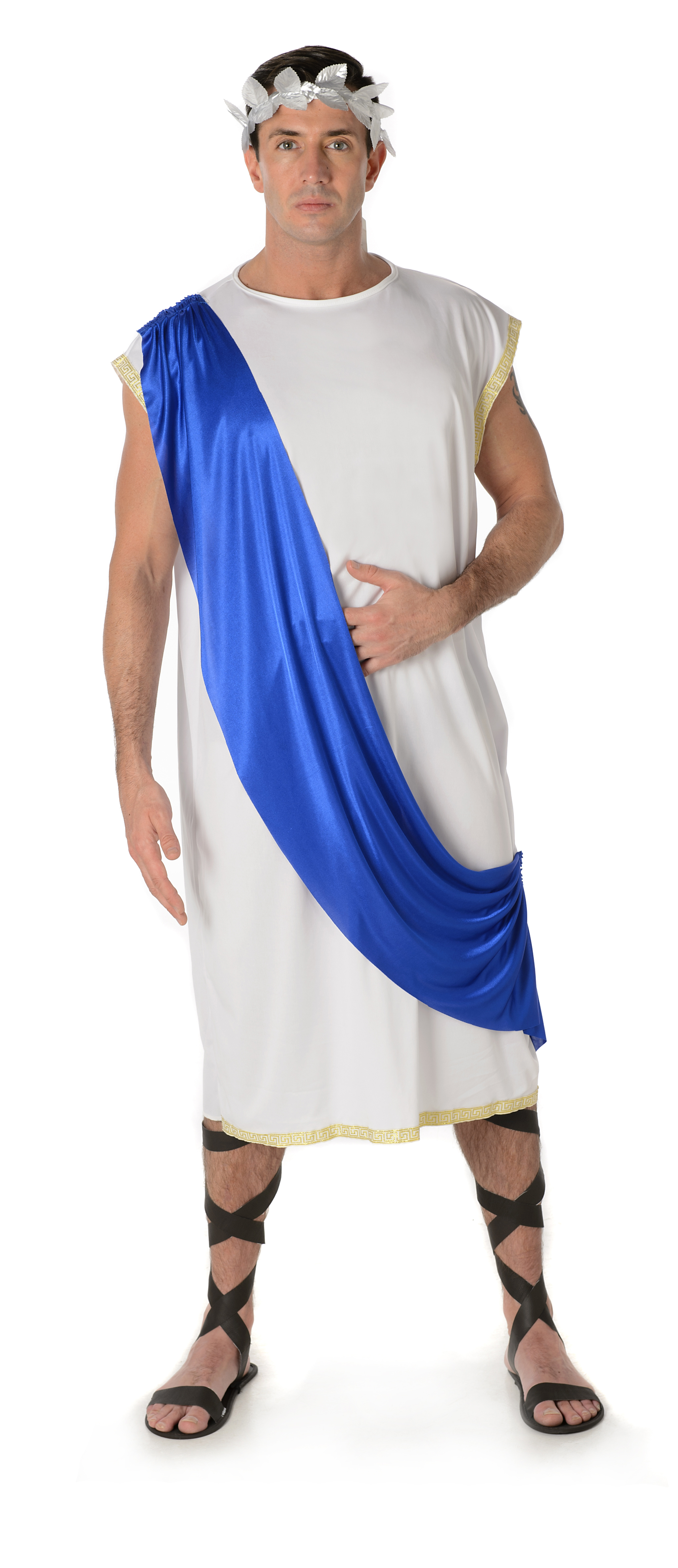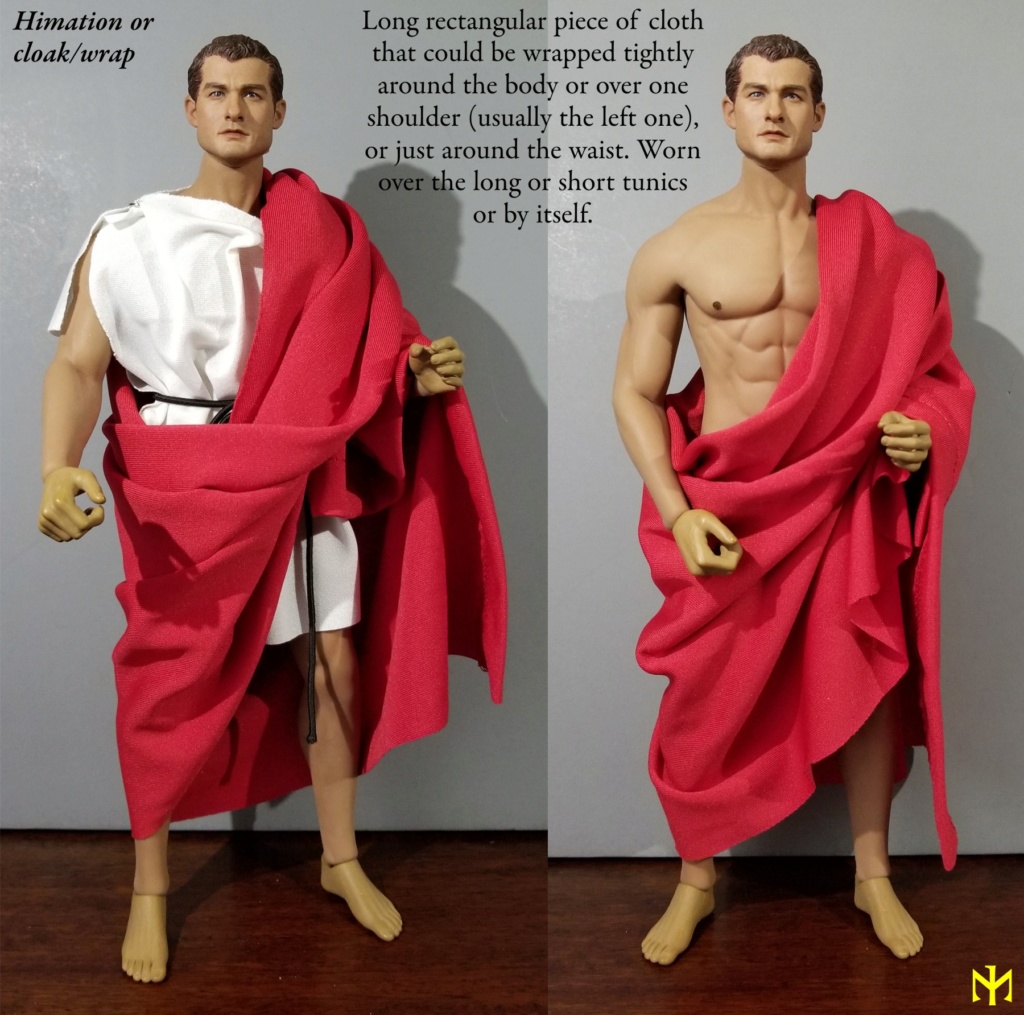
Greek fashion, Greek clothing, Roman dress
dress Table of Contents Home Visual Arts Fashion & Personal Adornment Ancient Greece youth wearing a Phrygian cap Youth wearing a Phrygian cap, marble, Roman copy of a Greek original, 4th century bce; in the Fitzwilliam Museum, Cambridge, Eng. (more) Ancient Greek civilization is customarily classified into three segments.

MA REFLECTIVE JOURNAL Representations of Ancient Greek Clothes for the Judge
Discover unbeatable deals and discounts on the Temu App. Download Now & Save Big! Enjoy up to 90% off only today. Best deals in Australia. Worry-free post-sales guarantee!

Στο ΦεστιβαλάΚι Greek traditional dress, Greek costume, Traditional outfits
Clothing in Ancient Greece consisted of lengths of rectangular linen or wool fabric. The Greeks wore light clothes as the climate was hot for most of the year. Their garment usually consisted of two main parts: a tunic (either a peplos or chiton) and a cloak (himation). Clothes were secured with ornamental clasps or pins at the shoulder and.

Pin on Greek Traditional costumes and Jewelry
Greek dress refers to the clothing of the Greek people and citizens of Greece from the antiquity to the modern times. Ancient period Clothing in ancient Greece primarily consisted of the chiton, peplos, himation, and chlamys. While no clothes have survived from this period, descriptions exist in contemporary accounts and artistic depictions.

Greece Greek traditional dress, Greek costume, Native dress
The basics of Ancient Greek fashion. Speaking to Greek Reporter recently, Amanda Hallay, a fashion and cultural historian, outlined the basics of ancient Greek clothing styles. According to Hallay, there were three basic styles of clothing that most people wore in the ancient world. A diagram of the standard chiton worn by a woman.

Now Greek Clothing Is The New Fashion and New style Unique Fashion and Trends
Clothing in ancient Greece was known for its innovative and stylish design. From the different options for the men and women of ancient Greece, Greek clothing reflected the beliefs and values of society. In this way, ancient Greek clothing was an important part of daily life in ancient Greece and ancient Greek culture. In this article, we.

Image detail for Greek Traditional Ethnic Folklore Costumes made in Hellas Greece by
February 15, 2023 Reece Toth Greek clothing culture spans millennia of history. It goes back to the days of the ancients, when heroes like Odysseus and Ajax and Menelaus did war with Troy, right through the Archaic period and Hellenistic Greece, to later times when the Byzantines and the Ottomans ruled the roost in this corner of Europe.
Greek dress Wikipedia
Greek clothing. As the Mycenaean culture began to suffer from famines and other environmental catastrophes around 1200 b.c.e., another culture began to flourish. The Dorians, ancient Greeks, became dominant and conquered the struggling Mycenaeans. Although no evidence about what Greeks wore has been discovered for life between the twelfth and.

Traditional Greece Costume Ancient Greek Goddess Garment Garden Of Eden Athena Red Dress For
Clothing in ancient Greece Charioteer of Delphi wearing a chiton. Clothing in ancient Greece refers to clothing starting from the Aegean bronze age (3000 BCE) to the Hellenistic period (31 BCE). [1] Clothing in ancient Greece included a wide variety of styles but primarily consisted of the chiton, peplos, himation, and chlamys. [2]

Grecian Toga Mens Fancy Dress Ancient Greece Roman History Adults Costume Outfit eBay
Chilton -Ancient Greek clothes. Chiton was a simple white tunic fastened at the shoulder. It was usually a light weight tunic made of linen or lightweight wool. It was pleated and held at the shoulders by brooches or pins and belted at the waist by a belt made of leather or cloth. Belting above the waist created the empire waistline.

Imperial Ancient Roman Adults Fancy Dress Greek Grecian Toga Tunic Costumes New eBay
The Amalia dress is a Greek traditional folk costume created by Queen Amalia, who ruled as wife of King Otto from 1837 until their expulsion following an uprising in Athens in 1862. The outfit is the result of an attempt to establish a unifying symbol of Greek identity.

COSTUME Sekai no MINZOKUISHO Zukan Europe Part.2 Greek traditional dress, Ancient
Ancient Greeks wore simple garments that draped over their bodies. The chiton and peplos were both simple outfits made from one-piece rectangles of fabric, with holes cut out for the head. The peplos was sleeveless, while the chiton covered part of the arms. Over this, people could wear a cloak called a himation.

Greek traditional folk costume "Amalia " Greek Traditional Dress, Traditional Attires
Here is a list of the top 10 famous garments in ancient Greece: 1. Chlamys. This piece of clothing was the ancient Greek version of the modern-day cloak. Made from a seamless, rectangular piece of woolen material about the size of a blanket, it was worn by pinning a fibulae on the right shoulder.

greek traditional costume Tumblr Greek traditional dress, Greek dress, Greek costume
Antique Greek Ottoman Traditional Vest Jacket Cepken - Gold Embroidery Wire on Velvet 19th c. - Embroidery Costume from Greece. (529) AU$883.75. AU$1,104.69 (20% off) FREE delivery. Traditional Greek Evzone Kid's Costume. Vintage Tsolias Clothing from Greece. Handmade Εmbroidered Vest, Fustanella and Shirt. (616)

Ancient Greek Clothing in Sixth Scale
Chlamys - an outer garment used as a short cape or cloak, worn primarily by men Peplos - a garment worn mainly by women over a chiton or instead of one Epiblema - a shawl worn over a chiton or peplos by both men and women Himation - a larger outer garment worn as a long cape or cloak by both sexes

Traditional costumes Karpathos Greece Greek traditional dress, Costumes around the world
The chiton, a versatile tunic worn by both men and women, was a staple of the Greek wardrobe. For men, it typically fell to the knees, while women's chitons reached their ankles. This garment was created by draping a rectangular piece of cloth around the body and fastening it at the shoulders with pins or brooches, then belting it at the waist.